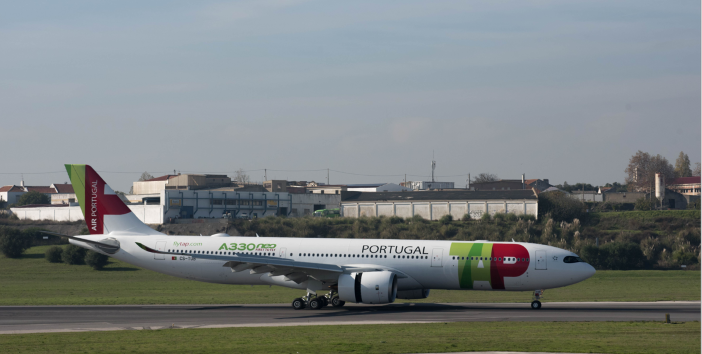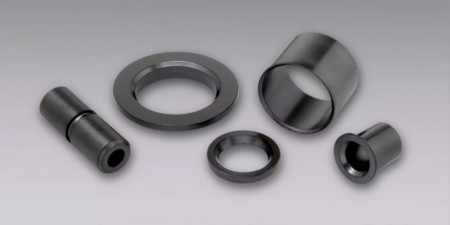According to the latest financial report from TAP Air Portugal, the airline closed 2022 with a net profit of €65.6 million, representing an increase of €1,664.7 million on FY2021. Revenues reached €3,485 million at the end of 2022, 151% above FY2021 – including a record Q4. Earnings Before Interest and Taxes (EBIT), including non-recurring items of €19.4 million, was also positive at €268.2 million.
In 2022, the Portuguese flag carrier flew a total of 13.8 million customers across its network, an increase of 136.1% on the previous year, taking its passenger numbers to 81% of 2019’s pre-pandemic levels.
Christine Ourmières-Widener, CEO of TAP, said: “During the fourth quarter of 2022, TAP was able to generate its highest quarterly revenues in its history, recording profitability despite continuous operational challenges.
“For the first full year of its Restructuring Plan, TAP generated an operating profit that is an all-time record for the company. TAP also delivered a very strong positive net income despite its level of leverage. TAP certainly delivered in 2022, producing a performance close to that forecasted for 2025.”
She is cautiously optimistic about the financial picture going forward: “The level of forward bookings for 2023 indicates that there has been no change in demand, but TAP still faces challenges. 2023 is about optimising revenues in an uncertain environment, further reducing costs against a backdrop of inflation.”
The number of flights operated increased significantly by 74.9% last year, reaching 79% of pre-pandemic frequencies. Capacity (available seat kilometres (ASK)), reached 87% of pre-crisis levels, increasing 94.2% compared to the previous year, with load factors improving by 17% year-on-year to 80%, just 0.1 percentage points below 2019.
Passenger Revenue per Available Seat Kilometre (PRASK) in 2022 was €6.68, an improvement of 48.2% compared to the previous year and of 20.5% compared to 2019.
Recurring operating costs also increased, by 73.4% to €3,236.2 million, resulting in a positive recurring EBIT of €248.8 million – an increase of €726.7 million, or 4.7 times the amount in fiscal 2019.
The figures were tempered by a more than tripling of fuel costs, increasing by €756.2 million year-on-year to €1,096.7 million. The airline says that, despite leading to a positive effect of €85.5 million, hedging only marginally reduced the effect of the increase in fuel prices, which alone contributed €458.4 million to the increase in fuel costs.
Year-to-date, the Cost per Available Seat Kilometre (CASK) of recurring operating costs decreased by 10.7% compared to the previous year, down to €7.04. Excluding fuel, the reduction was 27.8%, taking unit costs without fuel to €4.66, only 0.5% below the 2019 level of €4.68.





